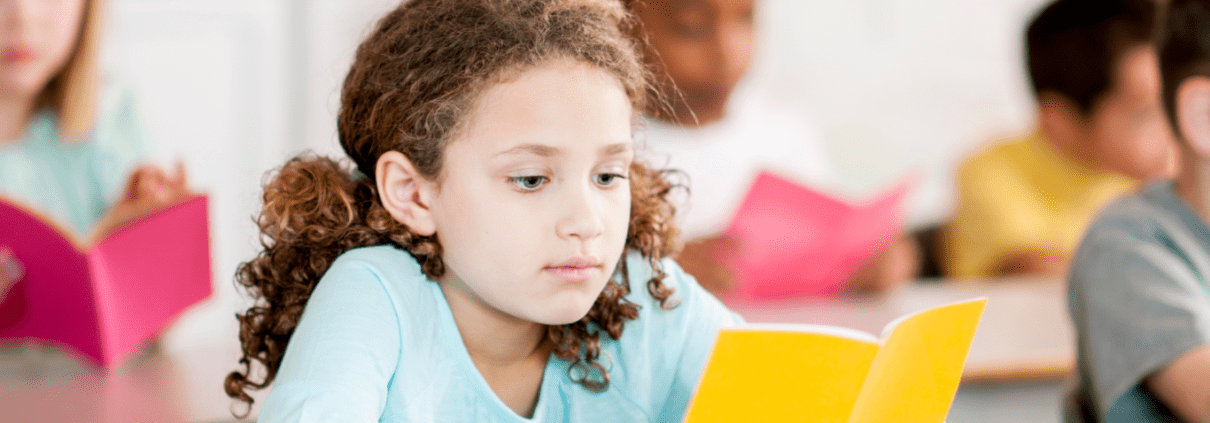Published Research on Improved Classroom Outcomes
Developmental immaturities, and reflexes that fail to integrate within the first twelve months of life, may lead to educational challenges for children when they reach classroom age. Right now, we’re beginning to see linkages between infants born during or after the pandemic and a reduction in cognitive function, likely due to stress and retained primitive reflexes. Powerful research is emerging around this topic.
According to a 2023 study published in the Journal of Neurology & Experimental Neuroscience, students may benefit significantly by the incorporation of rhythmic movements in a classroom setting. Over a ten-month period, the study found that a statistically significant increase in reading scores across a group of children ranging from six to eight years of age. The children were divided into two groups, with the test group participating in RMT exercises for five minutes at least four times weekly.
As infants mature and children grow, their primitive reflexes integrate and are replaced by cognition and active choice. Movement pathways are the key to this integration, and the exercises selected for this classroom-based study targeted the cerebellum for its support in attention and concentration.
Feedback from the teachers participating in this New Zealand-based school study was remarkable. The test students all showed signs of improved confidence, participation and interactivity with the reading work. Not only were reading scores improved, but steady, sometimes larger than normal, jumps in progress were reported.
RMTi is extremely beneficial for young students struggling with classroom activities. When it comes to MAP scores and other methods for measuring progress, proper developmental milestones need to be met in tandem with coursework challenges. By incorporating key movements into a young student’s week, their learning will not only improve but just may soar.
JOIN ME to learn more about exercises like those in this study, that support focus and academic success.


